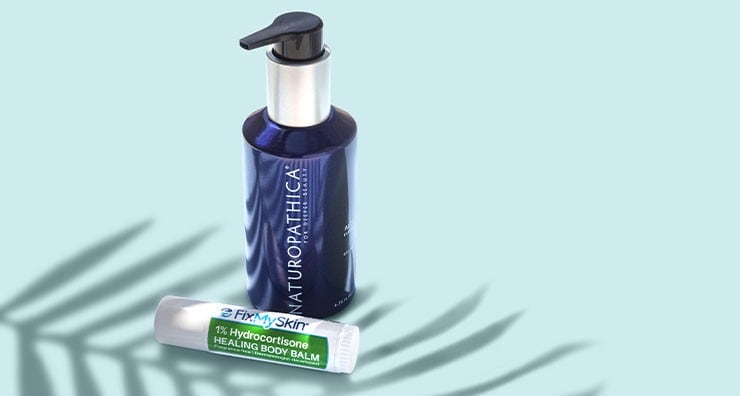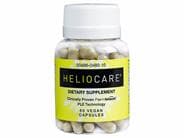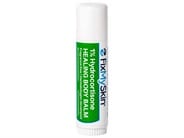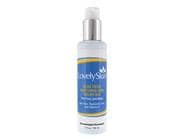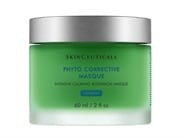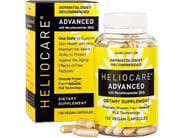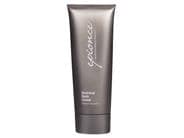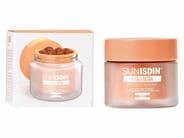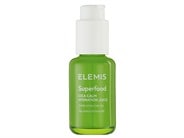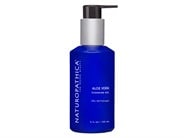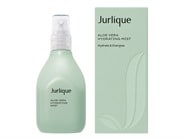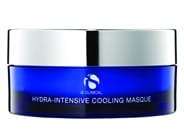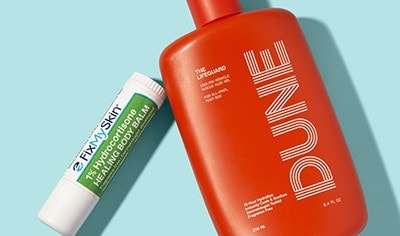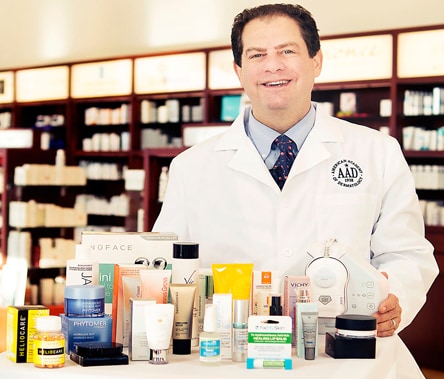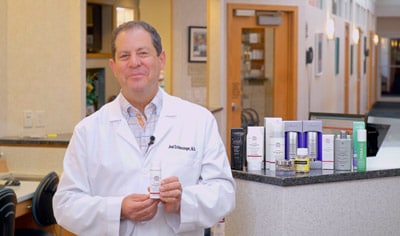Summertime is often packed with beach days and boat trips, but if you spend too much time in the sun or forget to reapply your sunscreen, you might learn what happens to your skin when you get a sunburn.
We all know a sunburn results from too much unprotected time in the sun, but what actually happens to your skin when you get a sunburn—or a tan, for that matter? With the help of board-certified dermatologist and LovelySkin CEO Dr. Joel Schlessinger, we’re here to dive into some important questions about sun safety, including:
Sunburn is a sign of skin damage from unprotected time in the sun. “There are a lot of factors that play into how quickly your skin can become burned in the sun, such as the time of year, your location and how fair your skin is,” Dr. Schlessinger says. “Without sun protection, your skin can become sunburned in as few as ten minutes.”
What happens when you get sunburned is you’ll first notice your skin feels tender, swollen or hot to the touch. These symptoms are a result of your body’s inflammatory response to cellular damage. Your blood vessels dilate to increase blood flow to your sunburned skin, causing that telltale heat and redness. If your skin is a deeper tone of brown, redness may be less noticeable after a sunburn.
In addition to this redness and heat, more severe sunburn can mean blisters and peeling skin. “The body uses blisters to try to protect areas with tissue damage,” Dr. Schlessinger says. “When skin begins to peel, this is your body’s attempt to shed damaged skin cells.”
Gradual sun exposure over time may cause your skin to tan instead of burn. When your skin tans, your body is responding to UV exposure by producing melanin—which is the pigment that gives skin its color—to try to protect your skin cells from DNA damage. Although your skin isn’t turning red like a sunburn in this case, any change in the color of your skin—including a tan—is a sign of skin damage.
Severe sunburns can cause symptoms such as headache, fatigue, nausea or even fever, but there are more lasting dangers to sunburned skin. Skin damage accumulates over time, so the more your skin tans or burns, the greater your risk of developing skin cancer. According to the Skin Cancer Foundation, five or more sunburns can double a person’s risk for melanoma, according to The Skin Cancer Foundation.
“Skin cancer risk is the most serious consequence of sunburn,” Dr. Schlessinger says. “The damage that results from sun exposure can also cause visible damage to your skin that shows in the form of dark spots, hyperpigmentation, sagging, fine lines and wrinkles.”
You can avoid sunburn altogether by wearing a broad-spectrum sunscreen and using safe sun practices such as wearing protective clothing and staying out of the sun during peak hours. However, if you do end up with a sunburn, there are ways you can help soothe your skin during the healing process. Here are a few remedies you can try at home:
Sun care supplements
If you think you’ve had too much sun exposure, taking Heliocare Sun Protection Pills immediately after could also help minimize a burn. “Heliocare supplements work by helping boost your body’s tolerance to UV exposure,” Dr. Schlessinger says. The active ingredient is Polypodium leucotomos extract, which helps protect against photoaging by strengthening your body’s immune response to the sun’s damaging rays. Heliocare Advanced is another option that contains Polypodium leucotomos extract as well as nicotinamide, or vitamin B3. “The National Institute of Health has clinically proven that nicotinamide can help to reverse precancerous growths and squamous cell cancer,” Dr. Schlessinger says.
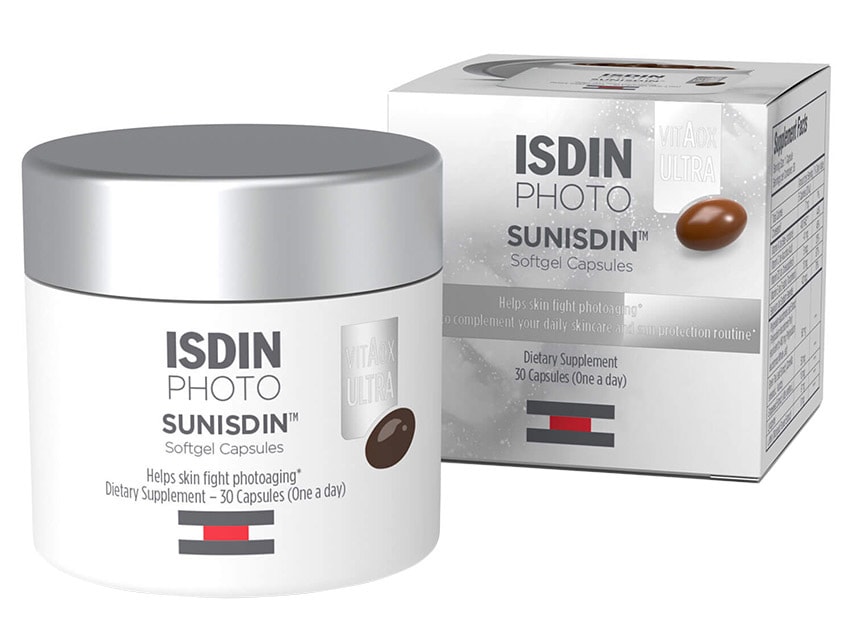
Another option is ISDIN SunISDIN Daily Antioxidant Supplement, which also contains Polypodium leucotomos extract as well as polyphenols to help neutralize the damaging free radicals caused by UV exposure.
Ibuprofen
“If you suspect your skin is sunburned, I recommend taking a dose of ibuprofen right away,” Dr. Schlessinger says. “Because it’s an anti-inflammatory, it can help minimize the severity of a sunburn. Though it won’t completely prevent a burn, it could potentially help keep your skin from blistering.”
Aloe
When it comes to sunburn remedies, aloe vera has become a go-to skin soother over the years. “Though aloe won’t necessarily help your sunburn heal faster, it can bring some comfort and relief by helping replenish lost moisture in your skin,” Dr. Schlessinger says.
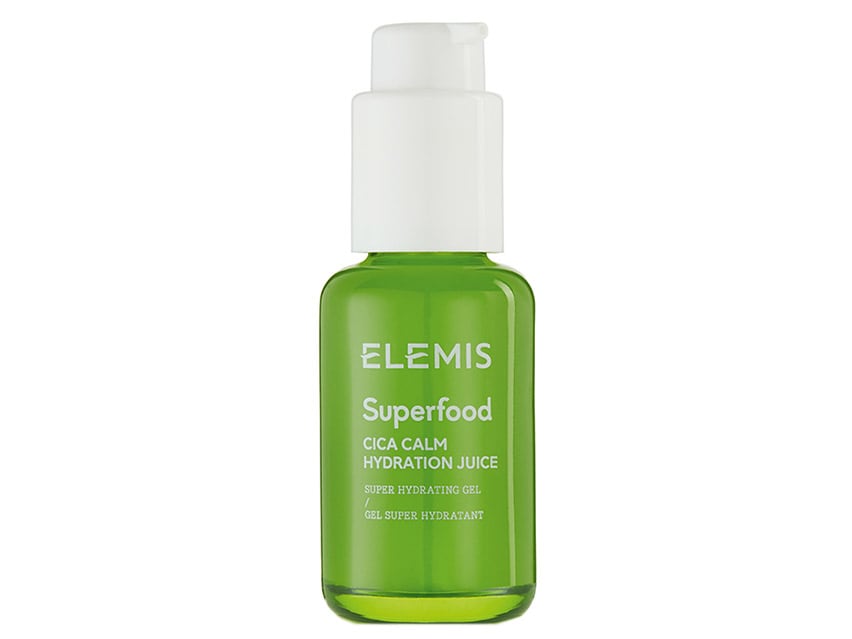
One of our favorite aloe-based skin treatments is ELEMIS Superfood CICA Calm Hydration Juice Super Hydrating Gel. It combines aloe vera with cucumber extract for a cooling dose of hydration. It also contains CICA, an herb with anti-inflammatory properties to help calm red, inflamed skin.
For a gentle face cleanser with a dose of soothing aloe, try Naturopathica Aloe Vera Cleansing Gel. This hydrating formula is made from 50% aloe vera along with glycerin and coconut oil to help cleanse your sunburned skin without causing further irritation.
Hydrocortisone
You can also relieve discomfort from a sunburn by applying FixMySkin Healing Body Balm with 1% Hydrocortisone to the affected area up to three times a day. Developed by Dr. Schlessinger and his son Dr. Daniel Schlessinger, this balm contains hydrocortisone to soothe irritation and hydrating shea butter and cocoa butter to prevent peeling and flaking skin.
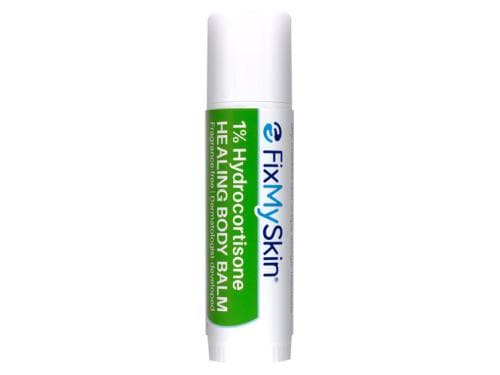
Cool compress or cooling mask
Applying a cool compress can help take the sting out of a sunburn, and using a mask with cooling properties can also help you feel more comfortable while you’re waiting for your sunburn to heal. For a sunburn on your face, neck or chest, SkinCeuticals Phyto Corrective Hydrating & Calming Mask can help bring some relief. This hydrating botanical mask provides a cooling sensation on contact with a calming dipeptide that helps reduce heat sensitivity. A blend of thyme, cucumber and olive extracts team up with hyaluronic acid to soothe and hydrate irritated skin.
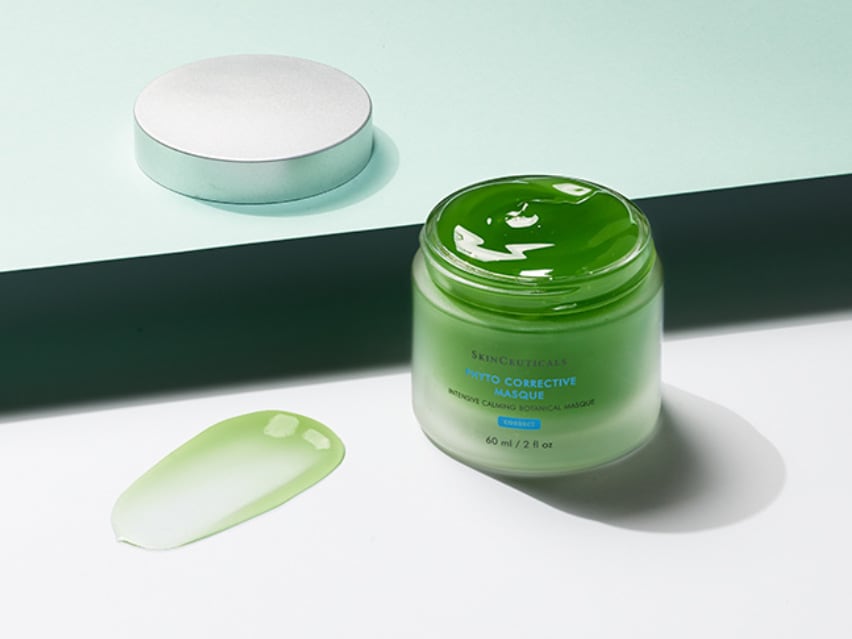
iS Clinical Hydra-Intensive Cooling Masque is another go-to for sunburn relief. It helps soothe inflammation with an array of antioxidant-packed botanicals, including green tea, rosemary, aloe vera, licorice and pennywort. The addition of peppermint extract also helps give this formula a cooling sensation as soon as you apply it to your skin.
Hydrating cream
If you have sunburn on your body, applying a hydrating body cream can also help soothe sore skin. Epionce Enriched Body Cream is a formulated for extremely dry skin or skin that’s irritated from sunburn or procedures such as laser hair removal. It contains hydrating ingredients such as glycerin and hyaluronic acid along with rich, emollient ingredients including safflower oil and meadowfoam seed oil.
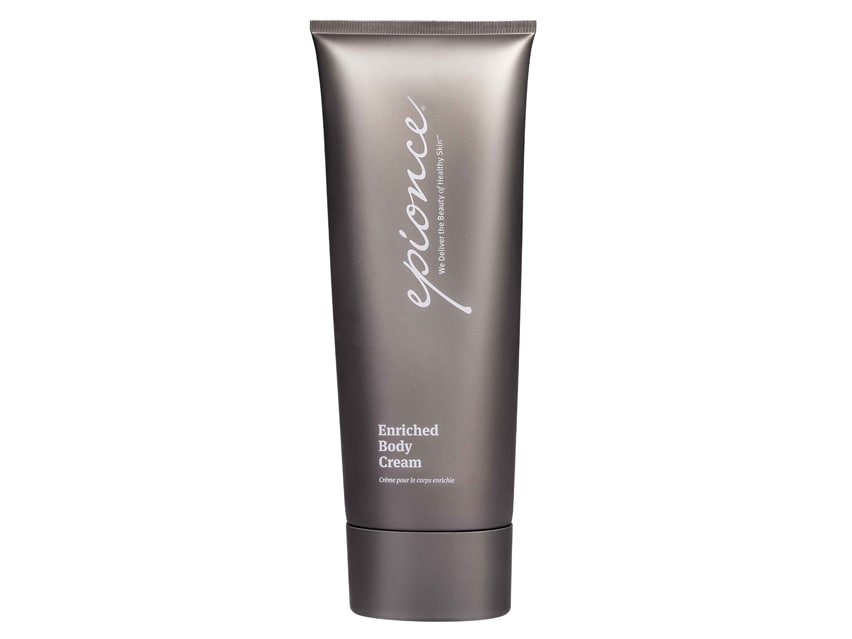
Are you looking for a new sunscreen to try this summer? Don’t miss Dr. Schlessinger’s top sunscreen picks for 2023!


